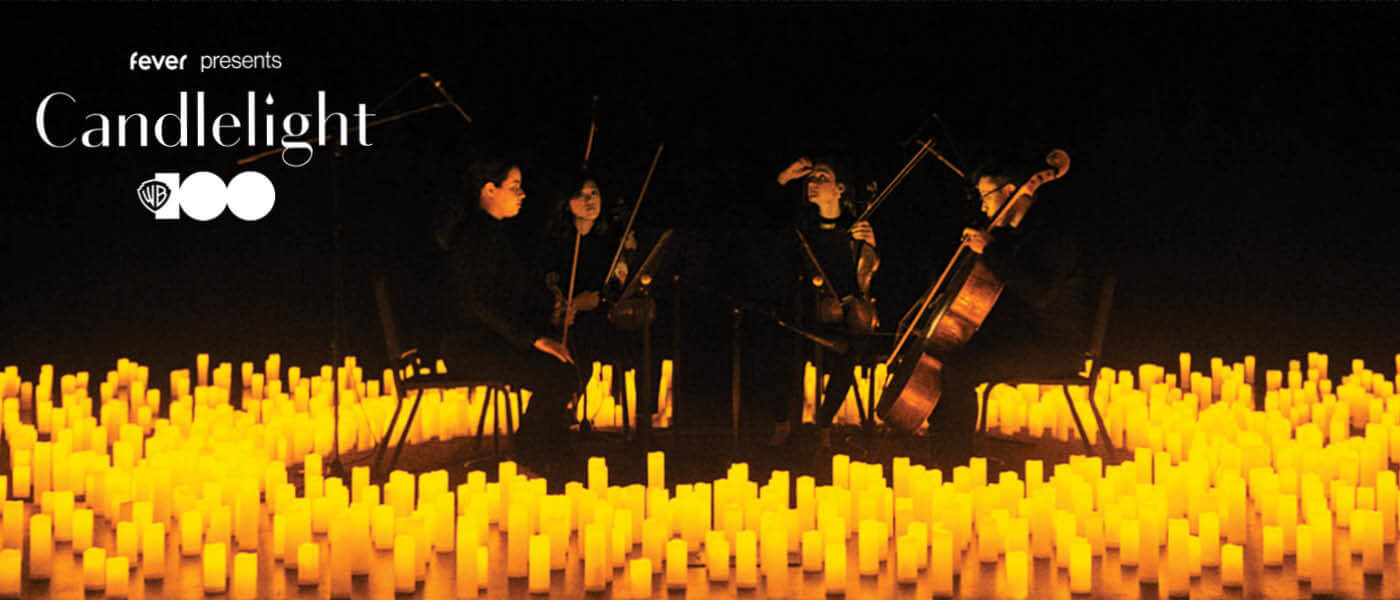By Rosemary Conte
originally published: 11/24/2016

New Jersey’s cold winters can threaten the performance of people whose voices are the tools of their trade, including teachers, hypnotists, radio talk-show hosts and people who love to sing. Some simple measures can prevent loss of voice from “face freeze.” Singers, particularly, must protect their sinuses from the cold, because singing high notes depends upon them.
Sinuses are the four face points indicated on the illustration here. They are bony tunnels which, when clear, allow your voice to “resonate” and to pick up “color” and ring. A fifth resonator is the large cavity behind your nose. You might feel mucus collecting there, and “plugging your nose.” And you might try to clear it away using the honking method of Felix Unger of the Odd Couple. Felix fancied himself an opera singer and would fixate upon clearing his sinuses!
Sinuses are your built-in amplifiers. A pleasing voice requires that you keep your sound off your throat. Instead, mentally directing it to the front of your face. Clear, open sinuses and a gentle lifting of the roof of your mouth, allow your voice to freely soar to your highest notes. I say I’m allergic to cold. I often experience headaches, sinus infections, or a sore throat if I go out into the cold without a cap and scarf for cover. Our sinuses also react to allergens like mold, pollen, or cigarette smoke by swelling shut. A “stuffy nose” means your speaking voice might sound like you’re holding your nose when the large nasal cavity is full of mucous. Your sound cannot vibrate in that swollen, gooey environment, so goodbye upper vocal range.
Think of singing in an empty school gymnasium. Your sound waves bounce around its hard surfaces creating organic reverb! Your local school gym is like one big sinus!
You can prevent sinus problems by shielding your face from the cold as I do, warming the air before it hits your sinuses and before it enters your lungs causing problems. I sometimes wear a thick full-head covering with a single opening for my eyes.
There’s a popular meme in our culture that goes “singing is healing.” It is meditative, and does reduces stress, but it also helps to unclog your sinuses of mucus. Try this exercise for a few minutes: With your lips closed, teeth slightly apart, gently hum from low to high tones, as high as is comfortable. Focus your sound to the front of your face. You’ll feel the vibrations in your face, and your lips. As the sound waves vibrate within your sinuses, they help loosen and move the mucus out of the bony tunnels. You may find yourself reaching for a tissue to blow your nose.
Applying moist heat to your face and massaging the sinuses could help. Put oil on your finger tips and make tiny circles on your sinuses. Many singers use nasal irrigation, also called nasal flushing or lavage, to clean your sinuses of mucus and airborne irritants. Saline or other solutions for flushing come with a small plastic implement for doing the job. I use a product called Al-ka-lol which is a blend of naturally antiseptic ingredients like eucalyptus and camphor. It’s a mucus solvent and cleanser. It comes in spray form or in a liquid that can be used in a neti pot, which looks like a tiny Aladdin’s lamp in which you mix the solution with very warm water. Here is a video to demonstrate the nasal flush.
This website tells everything about nasal irrigation.
If you go to a medical doctor, s/he probably will not be aware that singing depends upon a lubricated throat and mouth. Docs usually prescribe antihistamines and decongestants that will make it all the more impossible to sing! The side effects are dry mouth, dry throat, and dry vocal cords (also called folds). Singing on dehydrated vocal cords may damage them. Stay hydrated. I advise you limit caffeine and alcohol. They dry out your vocal cords. (Sam Smith, Adele, and other popular singers have been sidelined due to vocal cord hemorrhage, then surgery!)
Here’s a warning from the National Center for Voice & Speech: “Singers should avoid aspirin products at all times. This includes anti-inflammatory drugs like Aleve, Motrin, Advil, Aspirin, etc. These agents thin the blood and predispose one to a vocal fold hemorrhage, particularly if coupled with excessive voice use or with improper voice use. Tylenol (acetaminophen) is acceptable.”
Before filling a script, check out this website to find a list of brand name drugs that treat sinus congestion and how they will affect your voice. If you decide to take an antihistamine, take it with 80 oz. of water that day.
Winter’s cold air is drying, and when the heat comes on in our homes, it robs our vocal tract of moisture. If you wake up mornings with a sore throat, try running a table-top humidifier in your bedroom. If none of these tips help your sinus problems, try Chinese Mustard Sauce! (Just kidding. That would be too harsh.)













